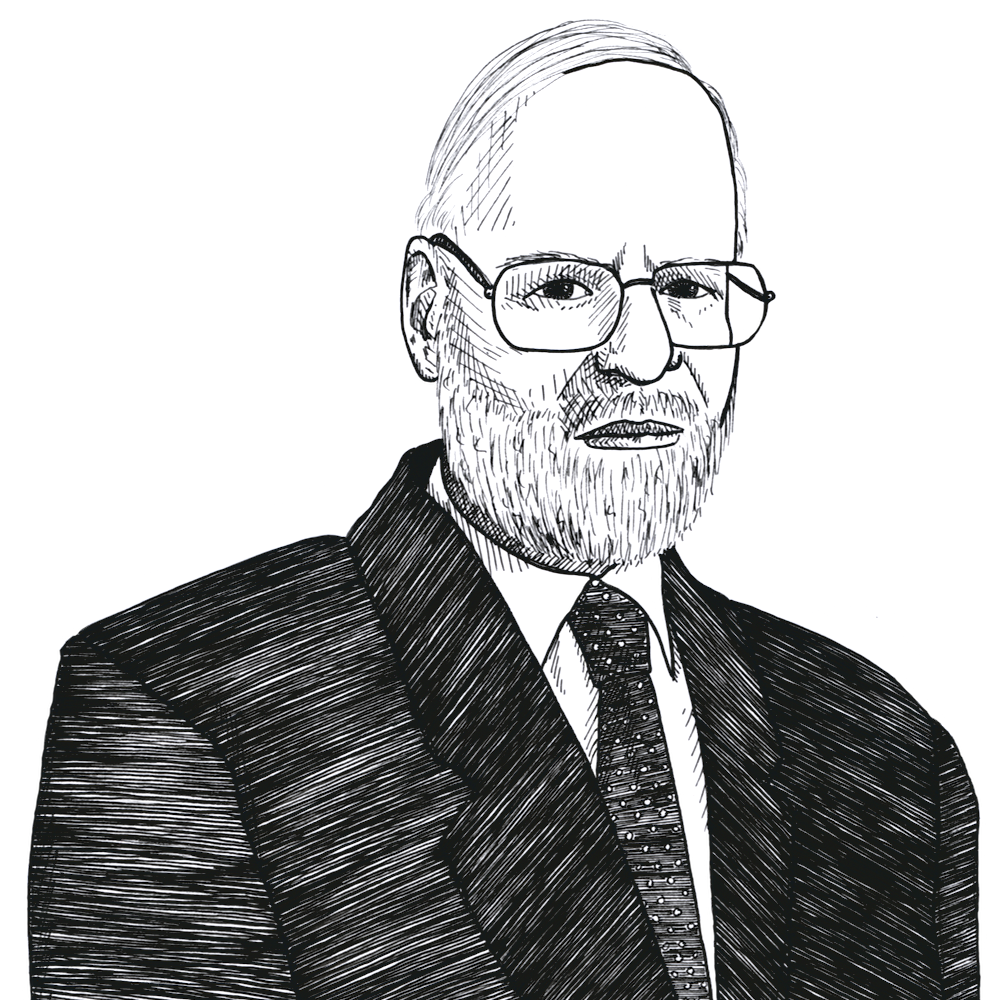
Kirzner defines economics as the reconciliation of conflicting ends given the existence of inescapable scarcity (1960)
Found in: The Economic Point of View (1976)
The Austrian economist Israel Kirzner (b. 1930) argues that to understand economics as the investigation of a particular aspect of society, such as wealth or welfare, is mistaken. Rather it is the study of much more general and abstract matters such as conflicting ends and the inescapable scarcity of means:
Economics
Fraser has classified definitions of economics into Type A definitions and Type B definitions. Type A definitions consider economics as investigating a particular department of affairs, while Type B definitions see it as concerned with a particular aspect of affairs in general. The specific department singled out by Type A definitions has usually been wealth or material welfare. The aspect referred to in Type B definitions is the constraint that social phenomena uniformly reveal in the necessity to reconcile numerous conflicting ends under the shadow of an inescapable scarcity of means….
[In recent decades there has been a] trend away from the association of economics with specific “ends” or a specific department of human affairs. In this development the work of [Lionel] Robbins has been consistently pursued to what appears to the writer to be the most adequate solution of the problem…. [T]he contributions of several eminent economists, including Mises and Knight… [called the praxeological outlook]… has a significance that, in the writer’s opinion, has not been sufficiently recognized because it has not yet been brought into historical perspective.